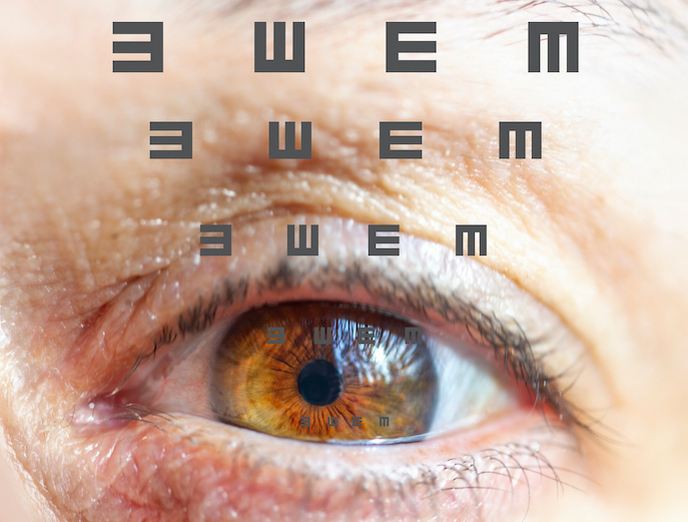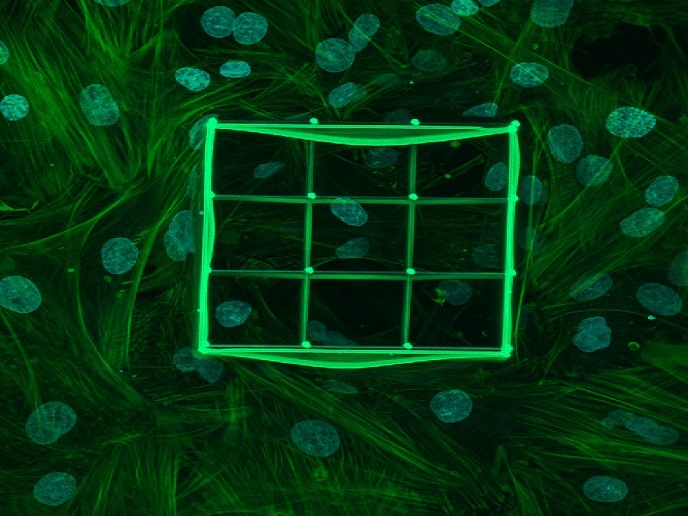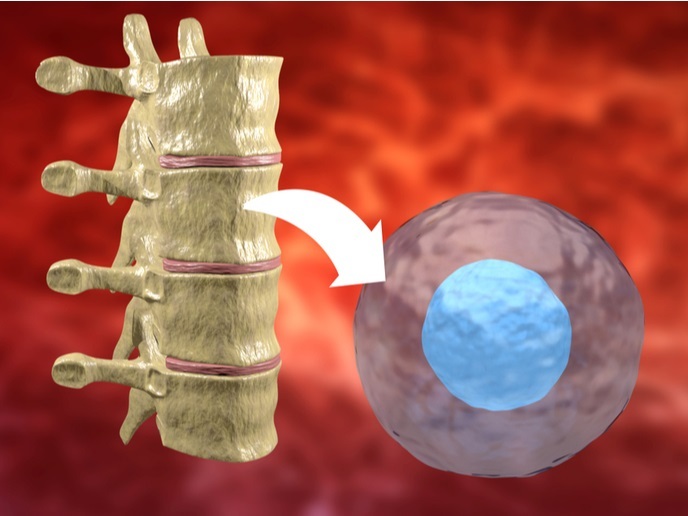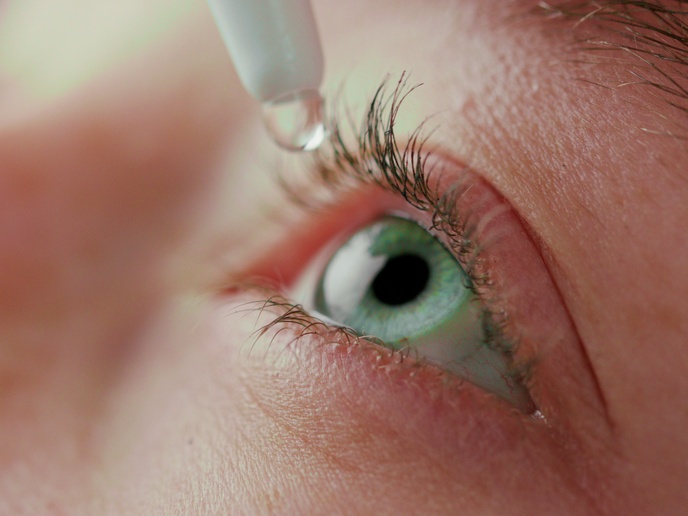Tissue and skin wound repair in need of a makeover
Setting quality standards in tissue repair is a primary concern for improved health solutions to Europe's ageing population in particular. The production processes of tissue and cell therapies are highly demanding and this ups their final cost. The 'Cultivated adult stem cells as alternative for damaged tissue' (Cascade) project offers expertise focusing on the good manufacturing practice (GMP) of producing mesenchymal stem cells (MSCs). With a high capacity for self renewal and ability to differentiate into a variety of cell types, MSCs have great therapeutic potential for tissue repair. Their use in treating skin and corneal wounds demands that standards of quality and safety are of the highest order and live up to therapeutic expectations. Cascade is working to develop innovative technologies based on the expertise of its partners. The consortium brings together non-profit organisations, higher education institutions, research centres and small and medium-sized enterprises from five European countries. The project's main objective is to develop standardised and GMP-compliant methods of collecting and cultivating MSC intended for clinical use in the repair of damaged human tissue. in line with its primary objectives, in the first 18 months of the project Cascade developed and provided GMP-compliant processes for MSC culture from bone marrow and adipose tissue. It is now developing methods for MSC culture from cord blood and amniotic membrane. Researchers have established in vitro and in vivo models for immunological testing, migration and efficiency in wound healing. These will help define the conditions necessary for clinical trials investigating the use of MSCs for skin and cornea repair. Project partners have set up a legislative database that ensures the produced MSCs adhere to ethical needs and varying European regulations. the ultimate goal is to prepare study protocols for various trials that can evaluate the safety and efficacy of MSC applications for the treatment of chronic skin wounds. Presently, talks are being held with the European Medicines Agency and the Committee for Advanced Therapies on preclinical data and new relevant controls for safety and release of MSC products.







